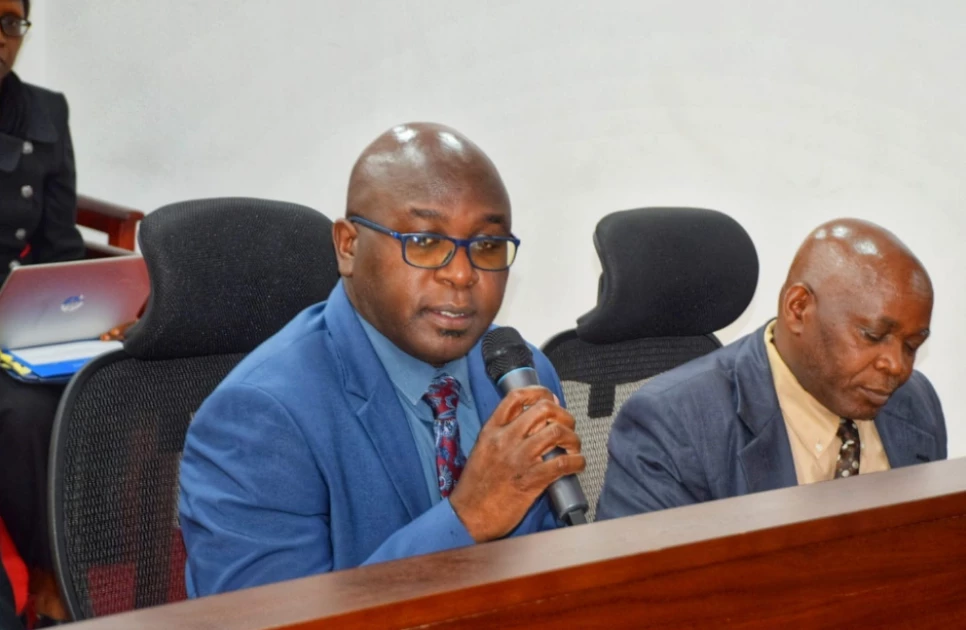
Members of Parliament in Kenya have approved new tax regulations. These regulations are aimed at churches, non-governmental organizations (NGOs), and other tax-exempt institutions that engage in business activities.
The National Assembly Committee on Delegated Legislation is led by MP Samuel Chepkonga. They endorsed the Income Tax Regulations Bill (Charitable Organizations and Donations Exemptions) 2024. This endorsement happened during a meeting with officials from the Kenya Revenue Authority (KRA).
This bill, proposed by former Treasury Cabinet Secretary Prof. Njuguna Ndung’u, outlines the criteria for tax exemptions for charitable organizations and specifies which donations qualify for tax deductions.

During the committee session, KRA Commissioner General Humphrey Wattanga highlighted concerns. Some churches and NGOs profit from business ventures unrelated to their charitable missions. He pointed out that many tax-exempt organizations are not reinvesting their profits into their primary charitable objectives.
KRA Deputy Commissioner Maurice Oray supported this view. He emphasized the need for stricter regulations. These regulations should guarantee that tax exemptions are not misused by organizations engaging in commercial activities.
The committee’s approval of the new tax recommendations reflects a growing recognition of the need for accountability among tax-exempt organizations. Chepkonga stated that the committee had thoroughly reviewed the regulations and found them to be in compliance with the law.
This move is seen as a step towards ensuring that charitable organizations adhere to their intended purposes. It prevents them from exploiting their tax-exempt status for profit-making activities.
The introduction of these regulations is expected to impact how churches and NGOs operate, particularly those involved in business ventures. The KRA seeks to enforce these new rules.
Organizations will need to show that their activities align with their charitable missions. This is necessary to keep their tax-exempt status. This development marks a significant shift in the regulatory landscape for charitable organizations in Kenya.







